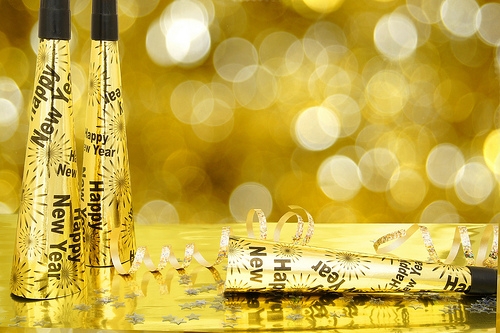Hypersensitive Teeth
January 15th, 2016

It is common to experience dentine hypersensitivity, with symptoms ranging from moderate to severe. Why does it happen and how do you know if this sensitivity is something to be concerned about? The first step is to determine the cause.
The most common cause of the sensitivity is exposure of the dentin. Dentin is the layer immediately surrounding the nerve of the tooth. It is alive and usually covered by the gum tissue. When gum recession is present hypersensitivity is common. Other contributors to temporary tooth hypersensitivity include teeth whitening and dental procedures such as fillings, periodontal treatment, and braces placement or adjustment. These are temporary and should be of no concern.
Permanent hypersensitivity, however, may require treatment. To understand the cause of sustained hypersensitivity, let us explain the structure of dentin and why it serves as a ‘hot spot’.
The dentin contains a large numbers of pores or tubes that run from the outside of the tooth to the nerve in the center. When dentin tubes are exposed, there is a direct connection between the mouth and dental pulp, which houses the nerve and blood supply of the tooth. External stimuli, such as mechanical pressure (tooth grinding or clenching - bruising the ligaments holding the teeth in place), temperature changes, as well as chemical stimuli (sweet–sour) are transmitted to the pain-sensitive dental pulp and activate nerve endings. A short and sharp pain is the result. These external stimuli cause fluid movement in the open tube that is transmitted as pain sensations. Something needs to be placed into the dentin tube to plug it and stop this fluid movement.
The first step in doing something about dental hypersensitivity is to determine the cause; our professional team at Nelson Family Dentistry can help you with this. Whether the sensitivity is due to exposed dentin or an underlying cause such as abscess or decay, corrective measures are needed. Contact us sooner rather than later so Dr. Scott Nelson, Dr. Kevin Kooiker, Dr. Joe Williams, and Dr. Jon Hekman can reduce the sensitivity, and provide you with some relief!

 Patient Login
Patient Login




 Back to top
Back to top Website Powered by Sesame 24-7™
Website Powered by Sesame 24-7™